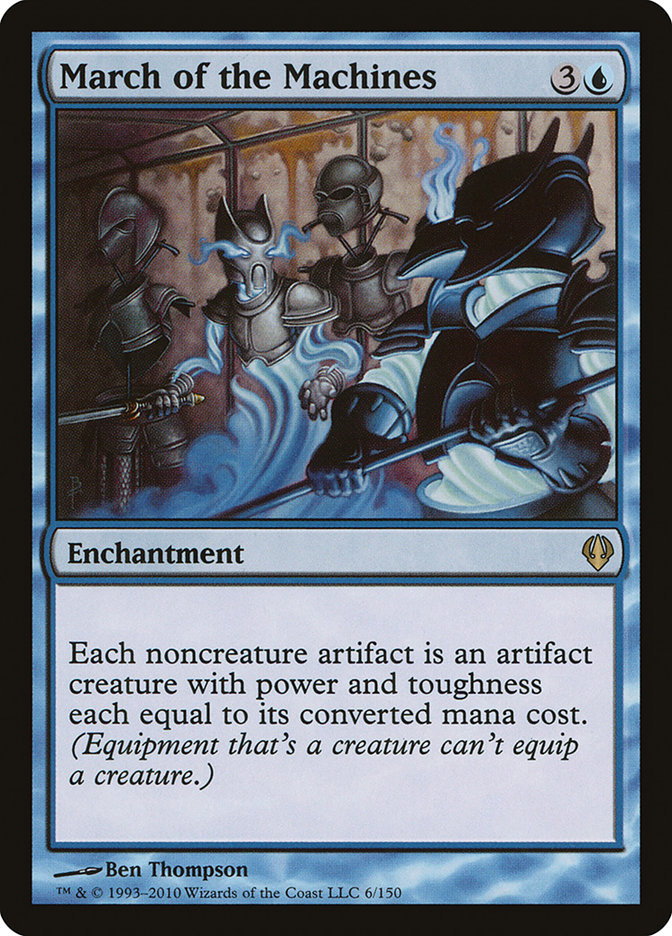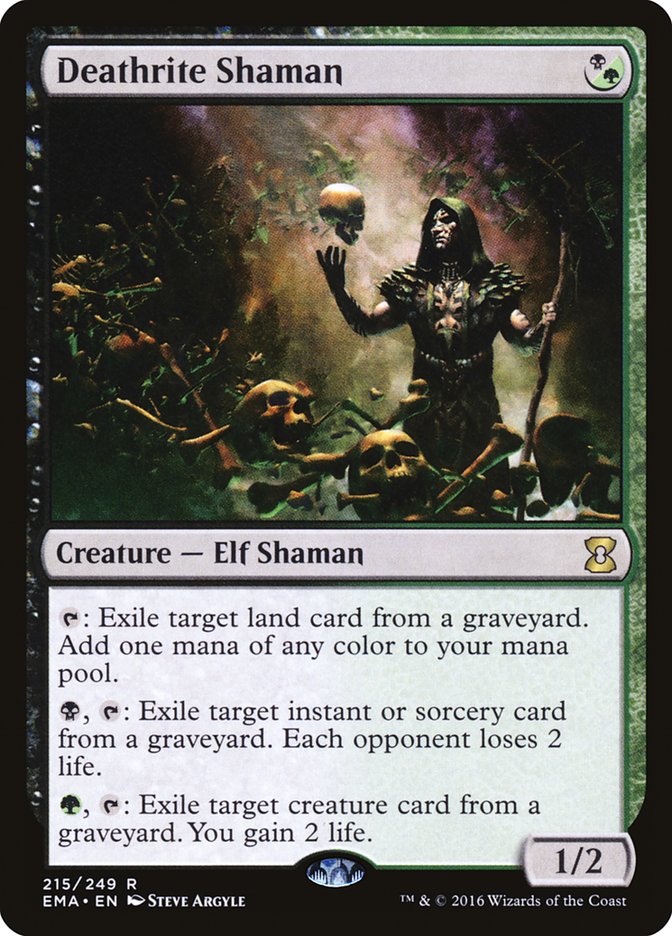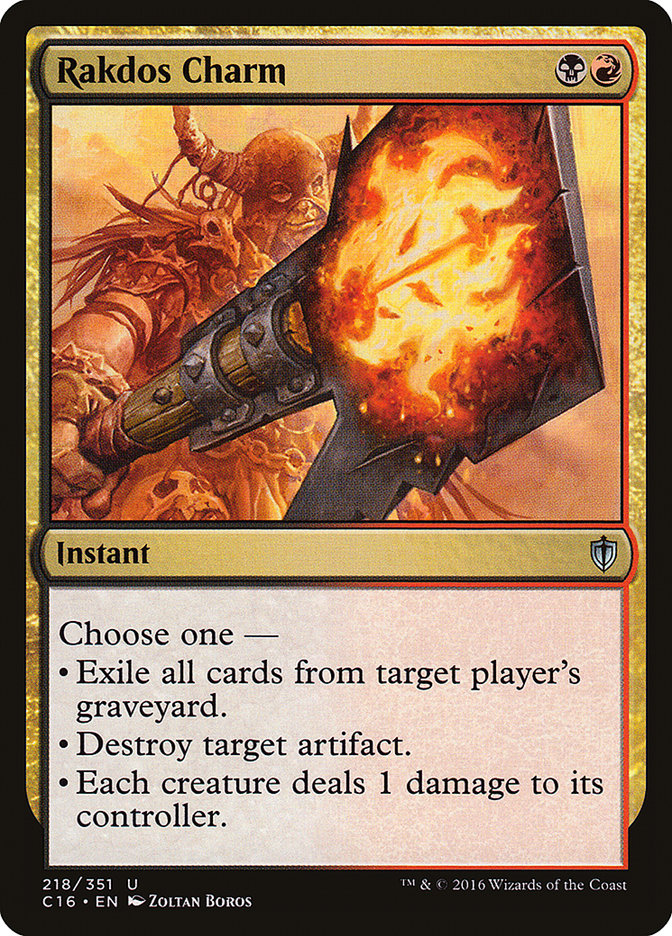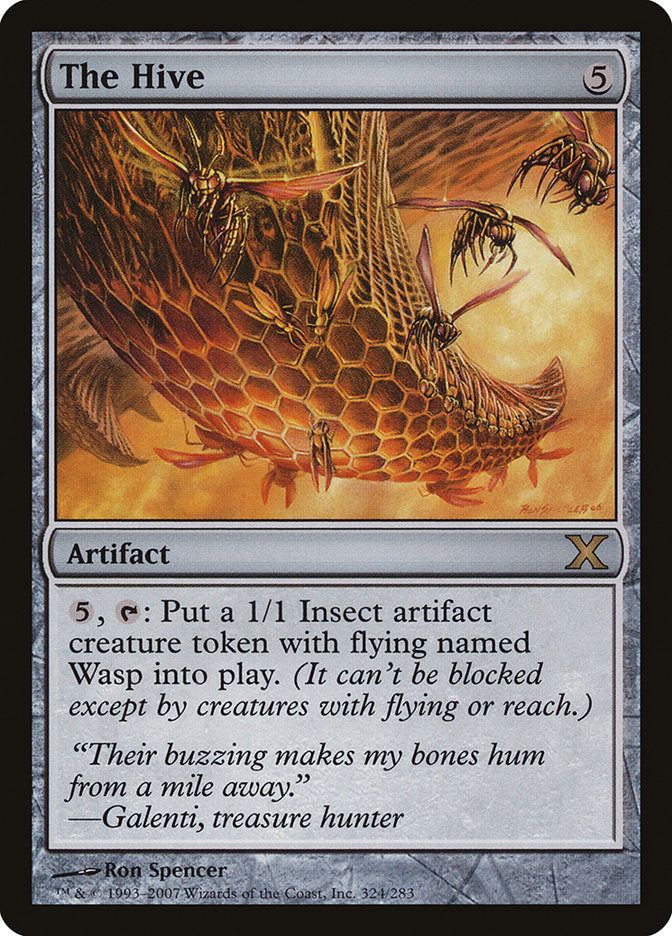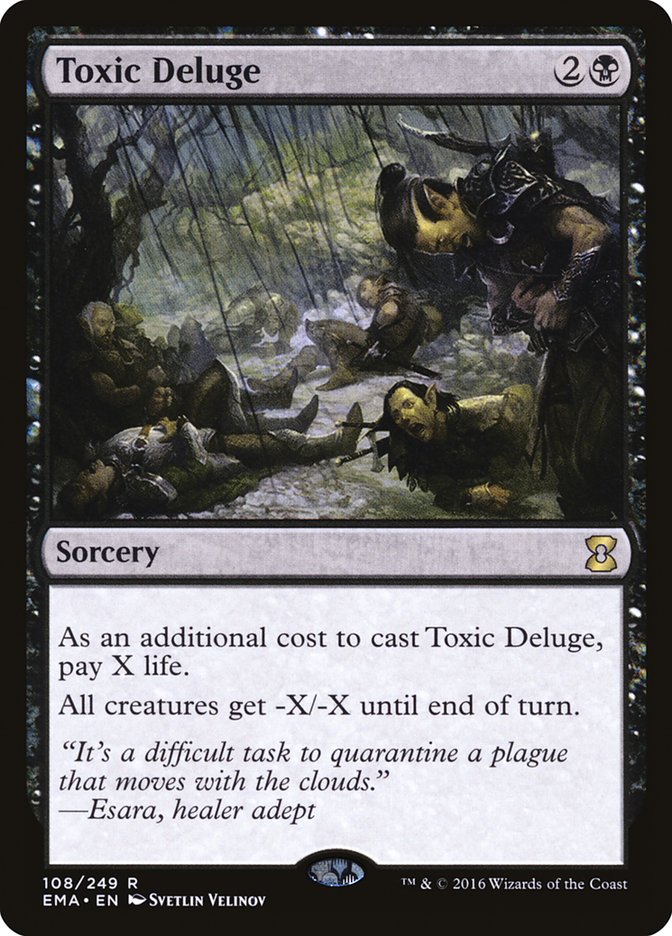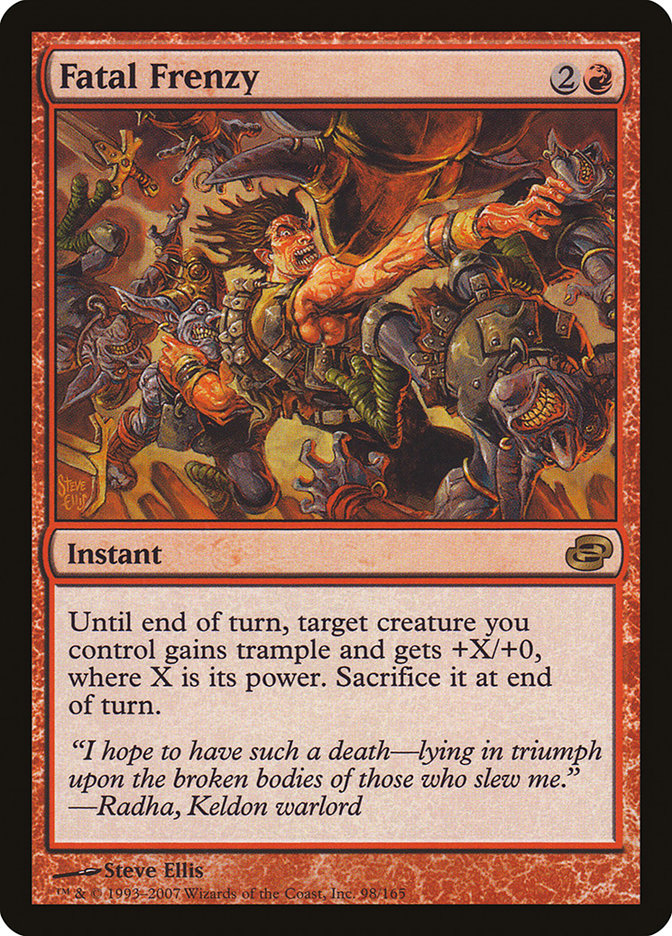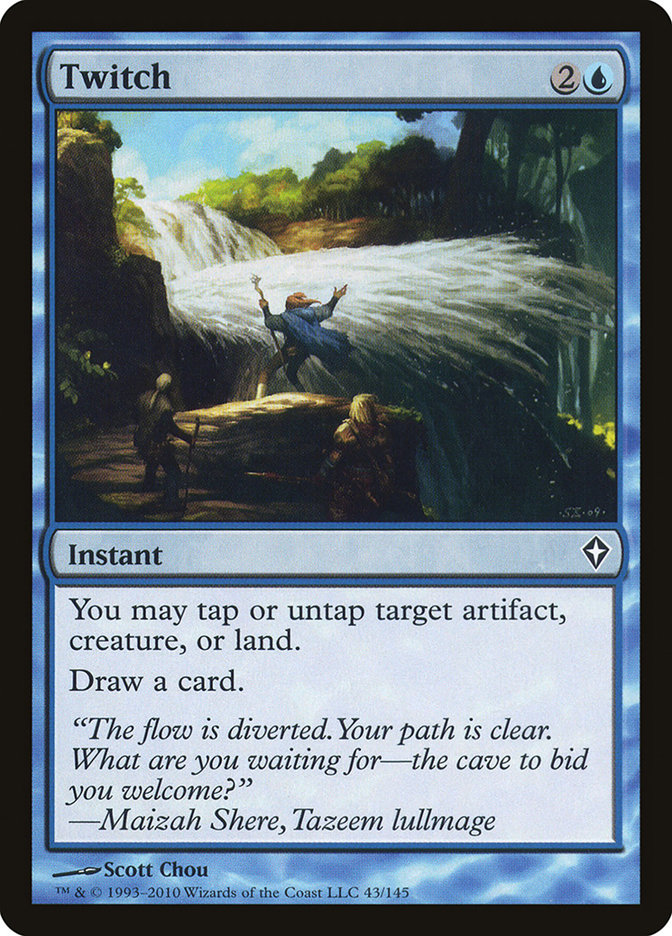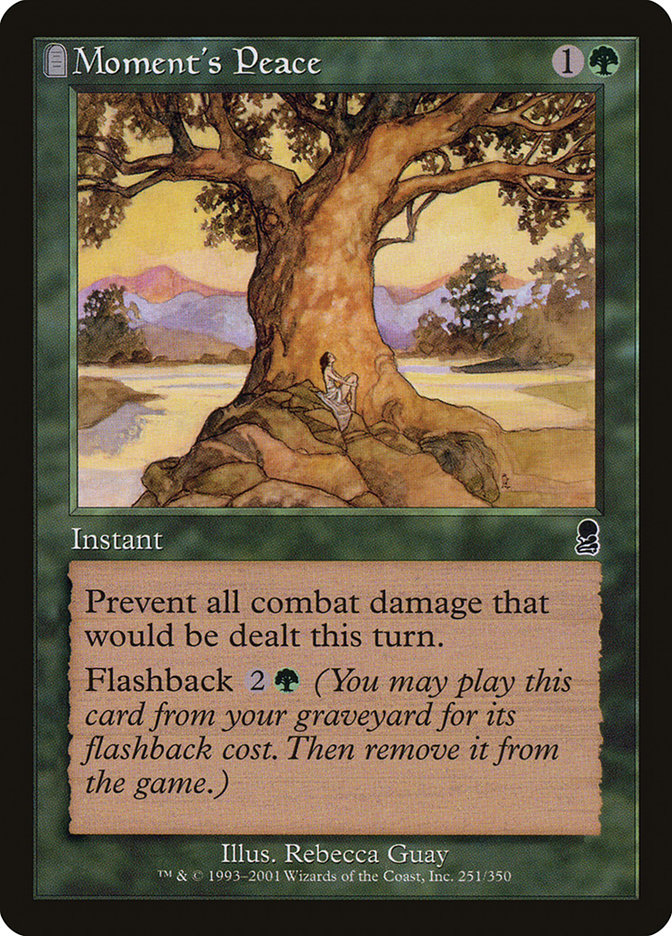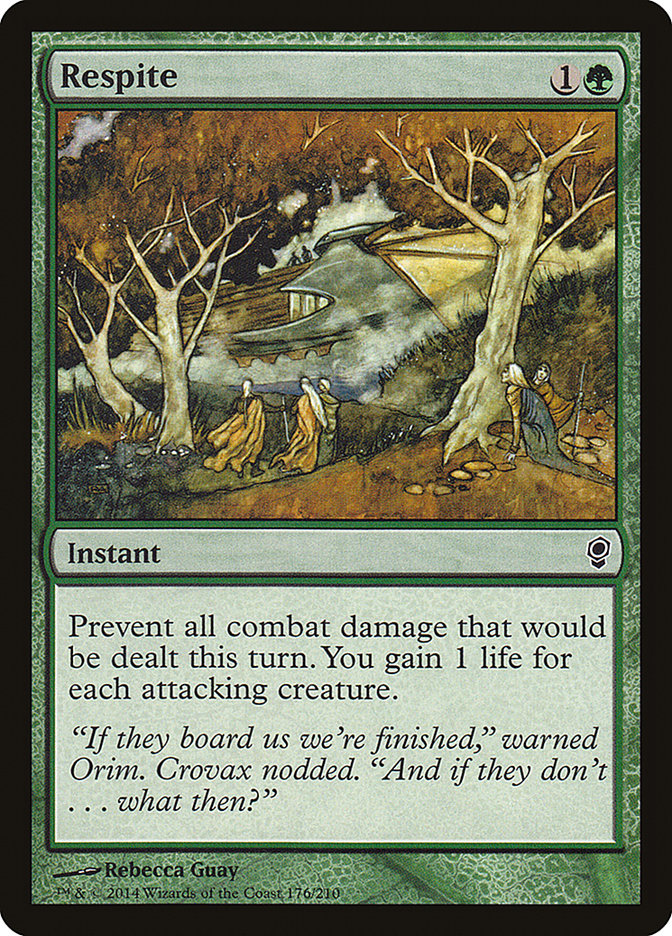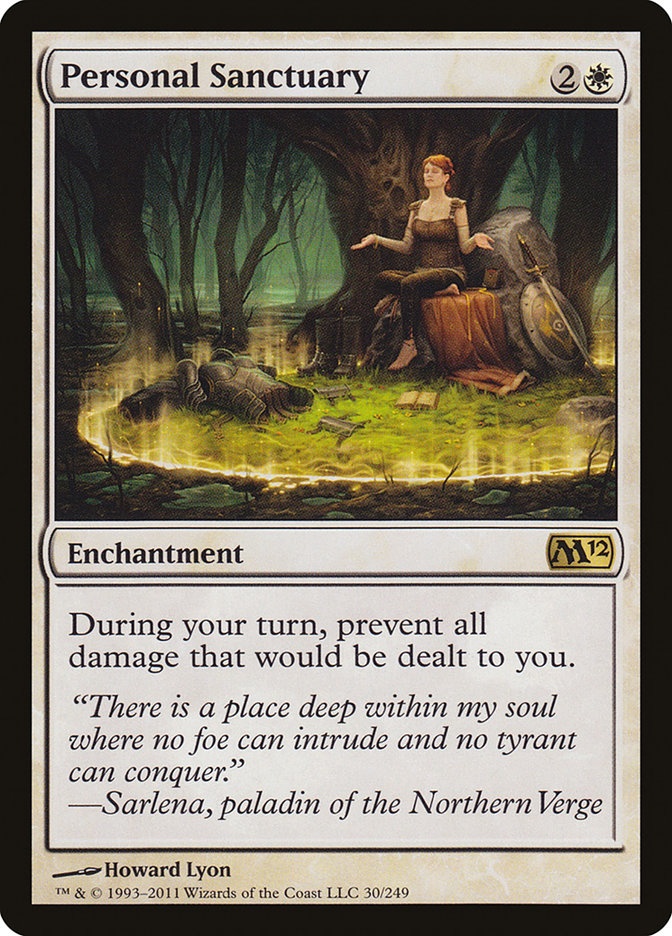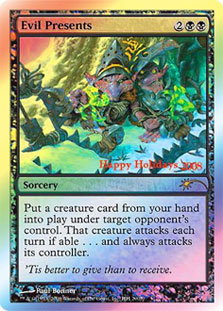Last week I decided to post a question: what should I write about? I like asking Facebook what it thinks, because usually the responses are varied and interesting. Of course, it turned into an article about Frontier that had a lot of folks really pleased that I decided to examine what some potential problems with the format could be going forward, and what it could best do in order to be more successful than another community-driven craze, Tiny Leaders.
Others…well they busted out the ad hominem bat and tried to pull a Nancy Kerrigan on me. Too bad I dodge insults like Neo in The Matrix…except for that one bullet that hit him in the leg during the first one, and then all those other ones near the end. I’m like Neo after he got shot a bunch by Agent Smith, and then was allegorically resurrected. The One that flies off into the screen to Rage Against the Machine.
Whoa.
We got off topic there. Sorry about that.
So anyhow, aside from talking about Frontier, the other suggestions were to revisit one of my earliest articles and subjects that kind of sort of got me put on this path of primarily talking about community issues.
Tilt
I didn’t write the first big piece on tilting, but I think I hit on a nerve that a lot of players face when it comes to dealing with loss, deck choice, and their emotional state after a match. The introductory story I told was about how I was going to lose a game due to on-board lethal: a simple scenario where my opponent only had to activate a Deathrite Shaman at the end of my turn, untap, and then do it again while attacking with their three creatures to bring my life from three to dead.
This is the situation where people who succumb to anger, despair, or disappointment are quick to scoop up their cards and concede the match, but I didn’t. I let the motions occur, and they cast a Rakdos Charm at the end of my turn instead to deal me three damage, which dealt them three as well and killed them in the process. I didn’t tilt, I won a match, and it gave me a great story.
We talked about the stages people seemingly go through: self-victimization, rage, self-loathing, and allowing those events to create a chain reaction that train-wrecks your tournament. Now I want to go over some of the steps you can take to prevent tilt from even happening. Many of these scenarios involve getting past the “easier said than done” mindset, because that’s the most polluted way to think. Truth be told, I didn’t get over being a salty piece of trash until I started writing. I was always secretly afraid I’d be whiny and incredibly unpleasant to play against, and that person would comment about it, and my writing career would be over. Completely selfish. Grace for cheap.
In time, it became more of a philosophy rather than just something I was artificially doing. I felt better, played better, enjoyed life more, and stopped turning Magic tournaments into depressing affairs. Time to put the “fun” in “fundamentals.”
Whatever. They can’t all be winners.
Avoid Social Media Pitfalls
After a tough loss or judge call, it’s pretty easy to jump right into the echo chamber of social media. Tweeting or “why me?” posts on Facebook can do one of the worst things ever for your tilt: they can validate it.
There’s a huge difference between:
“Had a rough Round 7. Didn’t draw lands, but there’s still a ton of Magic to be played, and I need to focus on making it to Day 2!”
And…
“My opponent was unreal lucky. I don’t draw lands, and the drooler across from me gets an easy win. No skill at all.”
Mind you, the second one is a paraphrased copy of an update I saw this weekend from a PPTQ grinder. The more concerning aspect of it became that their friends were lamenting their loss, and instead of telling him to rally and hopefully Top 8, they belittled the person that beat him!
There was more fuel being poured on an already raging fire, and none of it was helping this person either get better at Magic or come down off their tilt. The common response: sometimes people need to vent. I’m all about venting and getting out negative emotions, but there is a time and place for it.
A Magic tournament requires focus. If your plan is to do well, you have to place all of your mental energy into being at both peak performance and a calm mindset. Have you ever seen a baseball player get on Twitter and go off about getting struck out in the middle of a game? “That umpire is garbage. Strike zone keeps shrinking. That pitcher is so lucky.”
No.
You’ve never seen that happen. Pablo Sandoval was benched for looking at Instagram during a game. Players need to be focused on the game, and outside distractions are a complete detriment to them doing well. When I post during a tournament, I make sure my posts are positive so that I can look back on them and keep myself from falling into that quagmire. Tweets, updates, or anything else like that are meant to update your friends, family, or fans. They shouldn’t be catalysts for you bombing an event and throwing a tizzy over it.
Preserving Your Gaming Image
One thing I mentioned earlier was the true account of how I learned to beat tilt permanently, and that was the attempt to preserve my image in the community. What started off as the means to be better viewed by readers turned into a lifestyle that rippled through other aspects of my thought process.
A couple of years ago while on vacation, I stopped at a game store in my home town of Pittsburgh. All I wanted was to draft, and within an hour pairings went up. A local grabbed my arm before the match and whispered in my ear “that guy freaks out about everything.” Lo and behold, he did.
Game 1 he was flooded, and he slammed every land on the table. Game 2, I curved out pretty well and beat him by turn 8. He huffed. He puffed. He tried to blow my fun down. Afterwards the same player who gave the warning chatted with me for a bit and mentioned how my opponent was known for being really angry, and he’d actually been warned in the past and was on the verge of being banned from the store. Can you imagine being banned because you can’t stop yelling at people?
Never.
I wonder what happened to that person…
Local groups are a funny thing, and having people that want to play, test, or carpool with you is almost as important as playing Magic itself. You don’t want to be thought of as the person that can’t be included due to hostile behavior. Instead, focus on fostering a welcoming and inviting personality, and that will actually bleed into other aspects of your identity. I’m serious. Have you ever heard the saying “fake it until you make it?” I was as fake as a three dollar bill in January of 2013, and in record time I started believing the things I was saying, and before I started my gig with SCG I had completely bought into the ideology of being positive. Once you start being honest about your behaviors and how you act when you play Magic or, worse, lose when playing, it’s amazing how a little introspection changes everything.
If you want to go even deeper, talk to your local friends about your presence and how people view your demeanor. Take their words, internalize them, and implement. This could score you friends and completely change the way people look at you.
Take a Break
There are two different ways you can take a break. The first is the most apparent: sometimes we need to walk away from Magic for a little bit to reassess the successes or damages that the game is having on our lives. If you find Magic to be a source of constant anger and agitation, is it worth it to you to continue playing? But that’s literally the Level 1 assessment.
One thing that I learned from friends who play poker professionally is the merit behind walking away from the table for a bit and clearing your head to avoid tilting off. This isn’t the simplest thing; I mean, you’re in a match. However, in between rounds I’ve made it a habit to, if I win or lose, to take a walk if I have enough time.
A habit of Magic players is to commiserate in a circle and discuss bad beats. Perpetuating your own tilt and re-upsetting yourself has absolutely no worth outside of discussing plays you made that may have potentially been wrong or incorrect. However, most Magic players as a whole fail to live up to that concept, and use it as a chance to complain.
Let’s fix that.
Breaks in between rounds have been the saving grace of many, many of my tournaments over the last few years. It’s not just about wandering over to a convention center’s food court or hitting up a Starbucks. I take this opportunity to breathe, relax, and observe a little quiet time.
It’s not about the loudness of a Grand Prix or Tour stop; sometimes it’s amazing to just be by yourself. I’ll use this time to gather my thoughts and think about the previous round. If I win, I’ll enjoy that moment. It’s just one round, and you need many in order to be successful. If I lose, that’s okay as well. This means taking a little time to let the steam off and understand that there is still a lot of Magic to be played, and I can’t let losses derail me from that objective.
My worth, your worth, any player’s worth, is not dictated by Magic: The Gathering. Who you are as a person only changes when you let anger twist you into someone or something else.
You’d be shocked about how decompressing privately after each round can change that dynamic and allow you to let the anger go with much greater ease. You’re not there to impress anyone, and no one is going to laugh at you when you talk about your loss. No one is judging. It’s just you, your thoughts, and reflection. Trust me when I say this is my secret weapon for defusing tilt.
A tournament is a marathon, not a sprint. If you’re constantly tripping yourself up, you’ll never finish.
Happy Holidays
By the time you read this, the holidays will be upon us. Take that time to enjoy the season, your loved ones, holiday chaos drafts, and all the Magic product you get as presents.
I’ve already gotten the best possible gift I can this year, but I’ll tell you all about it later. It’s a doozy.
New Year, new you. Take all the time you need and get yourself together. Eliminate tilt and become a better Magic player.
Next week?
Why Your Card Sucks: Emrakul, the Promised End.
We’re ending 2016 with a bang, kiddies.


